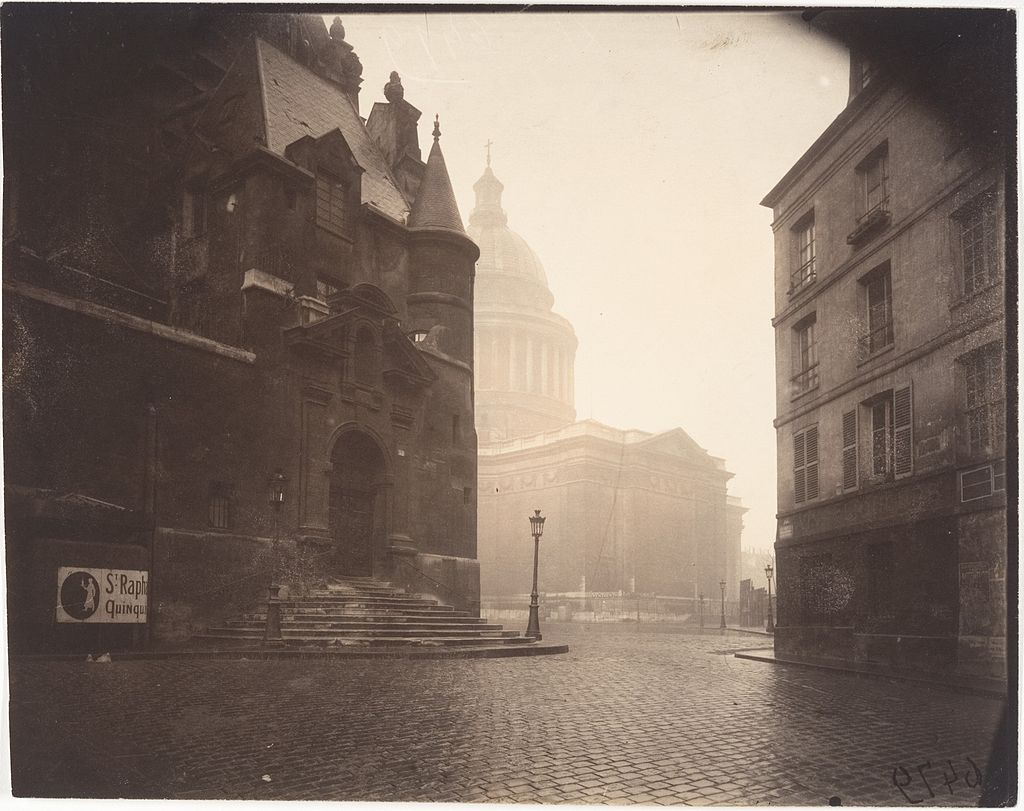For many of the artists and intellectuals working in mid-twentieth-century Paris, there was no topic more captivating than that of sacred presence. The public lectures of Henri Bergson had awakened the idea that experiential contact with what he called l’Absolu was indeed possible, and despite the skepticism emanating from the nearby Sorbonne, this prospect was thrilling. Some went on to write about their own inner lives, like Raïssa Maritain whose extraordinary Journal recounts thirty years of locutions and visions, and eventually, a sense of actually incorporating the person of Christ into her own body and soul.
Brenna Moore
Brenna Moore is an Assistant Professor in the Department of Theology at Fordham University and the author of Sacred Dread: Raïssa Maritain, the Allure of Suffering, and the French Catholic Revival, 1905-1945 (University of Notre Dame Press, 2012). Her research and teaching focus on Catholicism and modern European cultural and intellectual history, with special interests in religious experience, politics, gender, the negotiation of religious difference, and the revitalized interest in mysticism among late-modern French intellectuals, both religious and secular. She is currently working on a new project concerning Orientalism and Catholicism’s “turn to the past” (or ressourcement) impulse in mid-twentieth century France.


